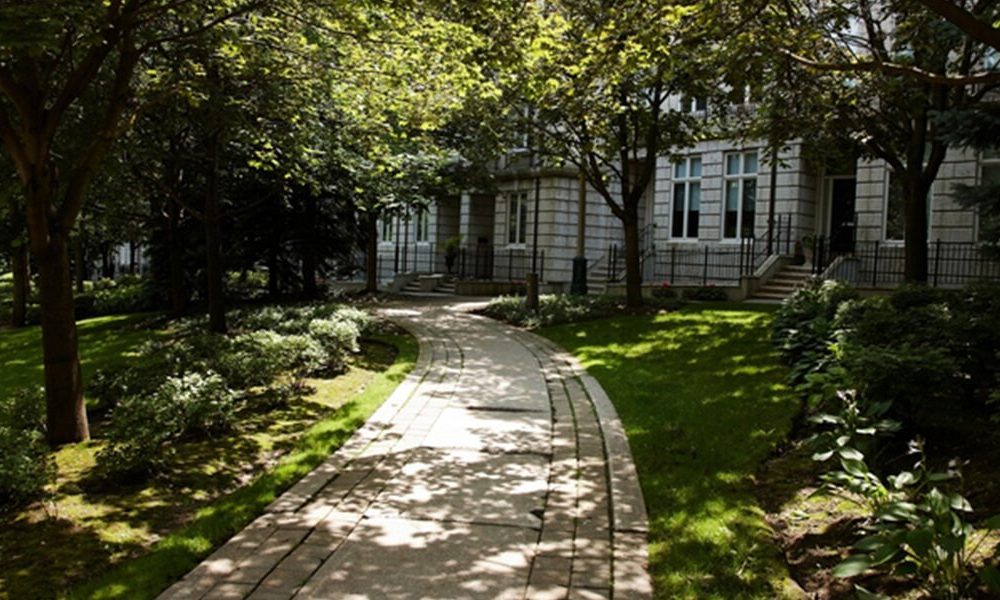Trees are a wonderful addition to any yard, providing shade that reduces cooling costs and beauty that endures. But unmanaged trees can cause serious damage to a home.
If a tree falls on your home, typically your property and contents will be covered regardless of who owns the tree (for example, if it was your neighbor’s tree), though you will have to pay the deductible amount.
However, trees can do more damage than just falling on your home. For example, if tree roots damage the sewer line, your insurance policy might not cover the costs to remove the tree and repair the line. Since this would be considered a maintenance issue, the homeowner may have to pay to get the tree removed and repair the line. In addition, the damage that trees can do to walkways and driveways over time is also considered a maintenance issue and is not typically a coverage offered by your homeowners policy.
Regarding your vehicles, if a tree hits your car, comprehensive coverage on your auto insurance policy typically will cover that claim, so it is important to review your auto insurance for what types of coverage you elect.
Think about the current trees on your property and your plans for future plantings. Will your landscaping lead to property damage? Where will the roots travel? Where is the sewer line or septic tank? Could planting a tree cause walk way or driveway damage over time? Is it too close to your home, power lines, or the street? How tall will it grow?
As trees age, trimming and removing dead branches will minimize potential harm to your property. Keeping gutters free of leaves and twigs can also protect against water damage.



